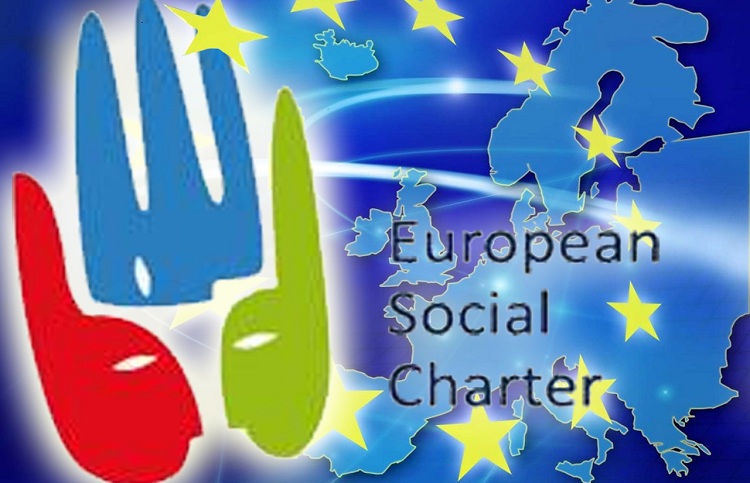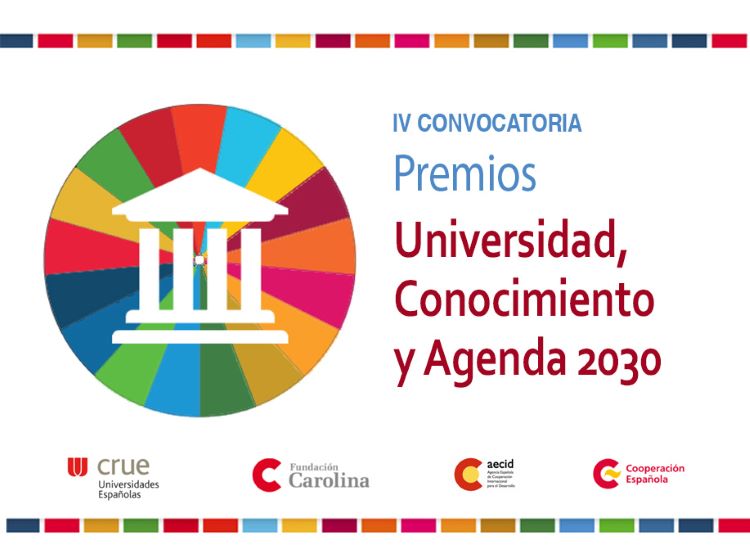Eduardo González
On December 1, the Additional Protocol to the European Social Charter will enter into force for Spain, establishing a system of Collective Complaints that will allow States to be denounced before the European Committee of Social Rights for non-compliance with their commitments.
The European Social Charter was approved in Turin in 1961 and ratified by Spain in 1980, but the Additional Protocol (which incorporates the possibility of denouncing Spain or any other State before the Council of Europe for failure to comply with the social guarantees recognized in the Charter), approved in Strasbourg in November 1995, had not yet been ratified by Spain due to the need to adapt certain aspects of Spanish legislation.
The Council of Ministers arranged in February 2019 for its referral to the Parliament to obtain its authorization, but the dissolution of the Chambers in March of that same year due to the calling of elections meant that the requested authorization did not take place. For this reason, the Government was forced to submit this text again to the Parliament in November 2020, by emergency procedure. The Council of Ministers authorized its signature in December of that same year, a few days after the PP voted in the Foreign Affairs Committee of the Congress against the ratification of the Revised Social Charter, considering that it was not clear whether it included the third Additional Protocol, which, in its opinion, could go “against legal certainty”.
After passing the parliamentary procedure, the text was signed on February 5, 2021 in Strasbourg by the permanent representative of Spain to the Council of Europe, Manuel Montobbio. King Philip VI signed the provisional application in Spain of the Additional Protocol in July 2022 and the text, as published last week in the Official State Gazette (BOE), will finally enter into force on December 1, after Spain made statements to make it clear that the enjoyment of the rights indicated is not extensible “to foreigners who are not in a regular situation, unless there is prior and express authorization by the Spanish authorities specifying the scope and manner in which such protection should be guaranteed”.
After signing the Protocol, the Government indicated that its ratification “will allow Spain to adopt the whole system of the European Social Charter”, made up of the European Social Charter ratified by Spain, three Additional Protocols, two of which have already been ratified, and the aforementioned Revised European Social Charter.
The Revised Charter incorporates the right to housing, the right to dignity at work and the right to protection against sexual abuse, among others. In addition, and in accordance with the Additional Protocol on Collective Complaints, the Revised Charter allows trade union, business and social organizations to file complaints against Spain or any other State before the European Committee of Social Rights of the Council of Europe for non-compliance with the social guarantees recognized in the Charter. Since it was opened for signature in 1995, only fourteen countries have ratified the Additional Protocol on Collective Complaints, including France, Italy, the Netherlands, Belgium, Greece, Ireland and Portugal.







